France Travel Warning Guide and Response Strategies (2025)
- Published on
Before traveling to France, knowing potential travel warnings and what to do about them is key to ensuring a safe and smooth trip. Below are detailed warnings and coping strategies for traveling to France, covering 9 important areas and specifically mentioning tourist places or venues where warnings may occur.
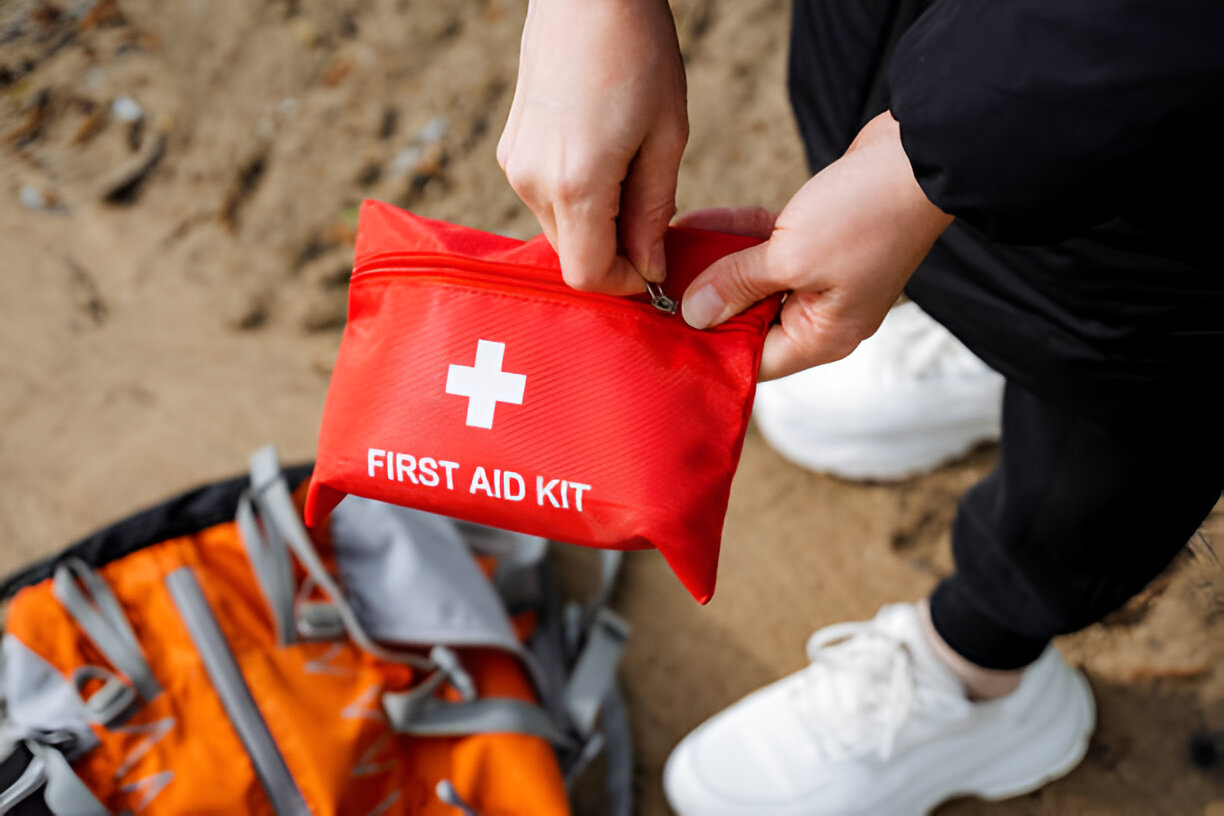
1. Natural disasters
Risk of natural disasters
France has a diverse climate and certain areas may be at risk of natural disasters, especially in the following places:
- Alps: avalanches are possible in winter and skiers need to be aware of snow conditions and weather forecasts.
- Provence: possible risk of drought and forest fires in the summer, especially during the heat of the day.
- Paris and its environs: heavy rains may lead to flooding, especially in spring, and travelers need to pay attention to weather warnings.
- Mediterranean coast: Storm surges and strong winds may affect coastal areas and visitors need to be careful when spending time at the beach.
- Normandy region: In winter, strong winds and heavy rainfall are frequent and may affect transportation and outdoor activities.
- Southwestern Basque Country: In some seasons, heavy rainfall may cause landslides and mudslides.
- English Channel coast: Extreme weather may affect ferry services and visitors should check flight information in advance.
Coping strategies
- Monitor the weather: Use weather apps to keep an eye on the weather, especially when traveling to high-risk areas.
- Make an emergency plan: Familiarize yourself with the emergency evacuation routes in your area to ensure that you can quickly find safety in the event of a natural disaster.
- Prepare an emergency kit: Carry an emergency kit containing dry food, water and first aid supplies in case of emergency.
- Follow local guidance: During a natural disaster, follow the instructions of your local government and the weather service to avoid hazardous areas.
- Keep communications open: Make sure your cell phone is working and stay in touch with family or friends so you can inform each other in case of an emergency.
- Plan your trip in advance: When planning your trip, avoid high-risk areas and choose safe travel routes and activities.
- Learn about local emergency services: Learn about local emergency service phone numbers and contact information before you travel so that you can call for help quickly in case of problems.
2. Social security risks
Social security risks
Although France is generally a safe country, travelers need to remain vigilant in specific areas of some cities:
- Montmartre district in Paris: a tourist hangout with a high concentration of pickpockets and street performers; be careful with your personal belongings.
- Lyon's Old Town: a busy street where pickpockets are active and visitors need to be vigilant.
- Beach area of Nice: drunks and thieves may be present at night and visitors should avoid straying into crowded areas.
- Port area of Marseille: at night, security risks are high and visitors should be careful in choosing where to move.
- Shopping area in Bordeaux: pickpockets and scams are common in the busy shopping district, so always be aware of your surroundings.
- Tourist attractions in Strasbourg: in the vicinity of popular attractions, visitors need to be alert to possible fraudulent behavior by thieves and street performers.
- Train stations in Paris: Pickpocketing is more common in crowded places such as train stations, and visitors need to stay alert.
Coping strategies
- Stay alert: Protect your belongings in crowded places and make sure your personal belongings are in sight.
- Use safe storage tools: Choose anti-theft backpacks and locks to keep your personal belongings safe from theft.
- Avoid displaying valuables: Try not to display valuables such as cell phones, cameras, etc. in public to avoid becoming a target.
- Know about common scams: Be aware of common scams in advance and be vigilant, such as fake cabs or fake charities.
- Don't take random vehicles: Try to use official cabs or taxi apps to ensure safe and transparent fares.
- Check your accounts regularly: monitor your bank accounts and credit card statements to detect unusual transactions and take action in a timely manner.
- Keep communications open: Contact your local police or helpline promptly when needed to ensure timely support.
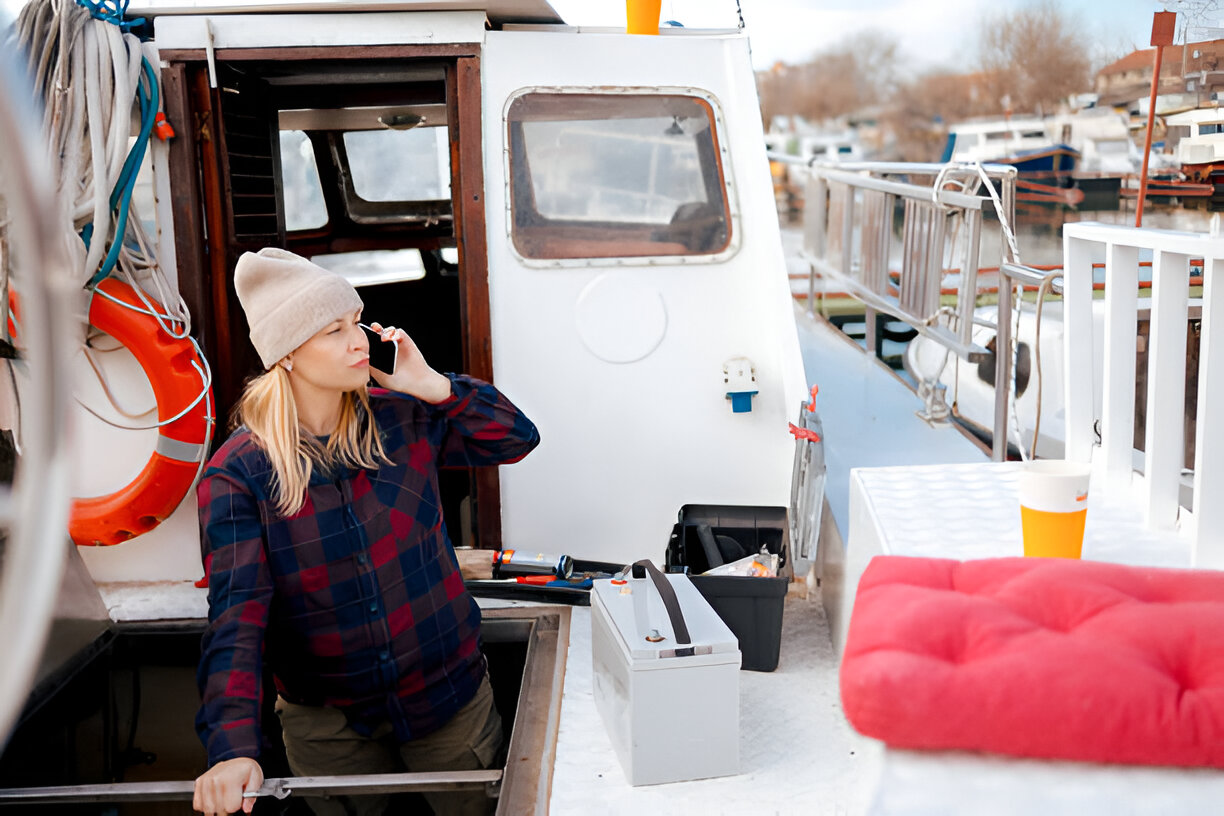
3. Accessibility of medical services
Risks of medical services
In some remote areas, medical facilities may not be as good as those in cities, especially in:
- Alpine regions: During the skiing season, it may take a longer time for injured tourists to get medical help.
- Countryside in Provence: medical resources are scarce in small towns and response time for emergency services may be longer.
- Countryside areas in the southwest: medical facilities are relatively scarce and visitors may face greater challenges in seeking medical attention.
- Certain villages in the north: medical facilities may be older with limited level of service, visitors need to be aware in advance in case of illness.
- Remote areas along the Mediterranean coast: medical resources may be insufficient during peak tourist seasons, visitors need to be prepared.
- Normandy region: in some towns, the number of hospitals and pharmacies is small and commonly used medicines may be difficult to obtain.
- Aquitaine region: in villages far from cities, medical services may be poor, and tourists need to know in advance in case of emergency.
Coping strategies
- Purchase travel insurance: Ensure that you have travel insurance that covers medical expenses in case of emergencies.
- Pack common medications: Prepare some common medications such as cold medicine, painkillers and allergy medicine for emergencies.
- Knowledge of medical facilities: When traveling to remote areas, know the location and contact number of the nearest medical facilities in advance in case of emergency.
- Master First Aid Knowledge: Learn basic first aid skills to cope with sudden health emergencies, such as CPR and stopping bleeding.
- Prepare a first aid kit: Carry a first aid kit containing bandages, disinfectants and common medications to ensure that you can help yourself in case of accidents.
- Maintain health records: Carry your personal health records and allergy information with you at all times so that your doctor is aware of your condition and can ensure that you receive appropriate treatment.
- Seek medical attention promptly: Seek medical attention as early as possible if you feel unwell to avoid worsening of the problem, especially in remote areas.
4. Transportation safety
Risks of traffic safety
In France, traffic rules and driving habits may differ from those in other countries, especially in some busy areas:
- Paris's ring roads: rush hour traffic can lead to heavy congestion and visitors should plan their travel time in advance.
- Lyon's city center: there are many pedestrians and bicycles, so special care needs to be taken to ensure that traffic signals are followed.
- Nice's Promenade: during the summer peak season, traffic congestion can be heavy, so care should be taken to ensure the safety of drivers and pedestrians.
- Marseille's port area: traffic is complicated, so be aware of safe distances from pedestrians and other vehicles.
- Country roads in Bordeaux: be aware of the road conditions and drive carefully as some roads are narrow.
- Old town of Strasbourg: limited traffic zones due to historical sites, visitors need to comply with the relevant regulations to avoid fines.
- Mountain roads in the Alps: some of the roads are narrow and curvy, so be careful when driving to avoid accidents.
Coping strategies
- Know the traffic rules: Know the local traffic laws before driving and follow the speed limits and signals to ensure safe driving.
- Use navigation tools: Use navigation apps to understand real-time traffic conditions and choose the best route to avoid traffic congestion.
- Maintain distance: Keep a safe distance between vehicles in congestion or bad weather to avoid rear-end accidents.
- Regularly check your vehicle: Make sure your vehicle is in good condition and regularly check your brakes, tires and lights to ensure safe driving.
- Avoid Distracted Driving: Do not use your cell phone while driving and concentrate on driving to ensure your attention.
- Obey traffic signs: Pay attention to traffic signs and signals on the road and make sure you obey speed limits and stopping requirements.
- Drive carefully at night: When driving at night, pay attention to lights and pedestrians to ensure you reach your destination safely.
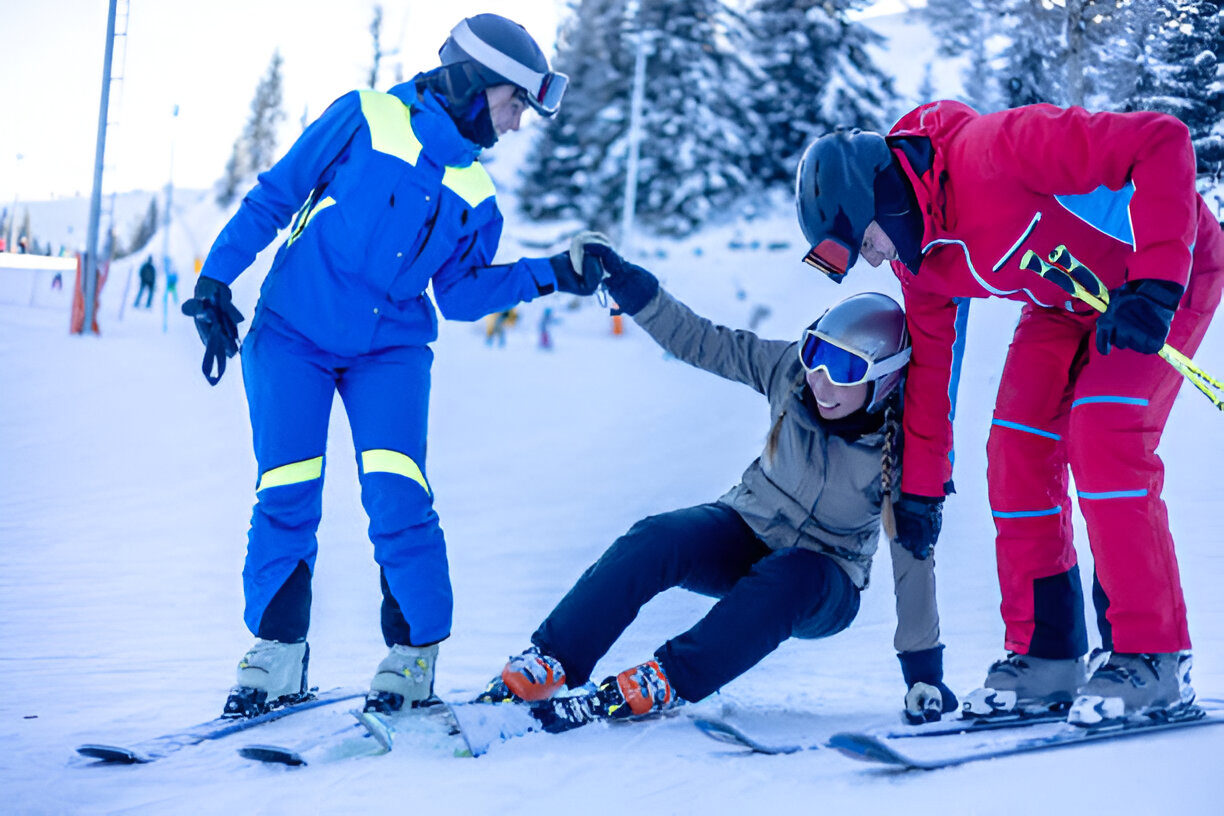
5. Laws and regulations
Legal and regulatory risks
Travelers need to follow local laws to avoid legal problems, especially in:
- Public places in Paris: there are strict legal restrictions on smoking and drinking, and travelers should be aware of and follow the regulations.
- Street performances in Lyon: in some areas, performers require a license and visitors should avoid participating in illegal activities.
- Beaches in Nice: in certain areas, alcohol consumption is prohibited by law and visitors should follow the regulations.
- Nightlife areas in Marseille: in certain bars and clubs, the law requires specific opening hours to be followed to avoid being penalized for breaking the rules.
- Public events in Bordeaux: when participating in public gatherings or demonstrations, it is necessary to follow local laws to ensure safety.
- Cultural sites in Strasbourg: Destruction or damage to cultural heritage will result in legal liability, and tourists should follow the relevant regulations when visiting historic sites.
- Environmental protection laws in the Alps: dumping garbage or damaging the environment will face fines, and tourists should follow local environmental protection regulations.
Coping strategies
- Know the local laws: Know the laws and regulations of your destination before traveling and make sure you comply with them to avoid getting into trouble due to ignorance.
- Follow drinking rules: Follow local laws when consuming alcohol to ensure that you do not violate legal age limits and avoid fines.
- Pay attention to public behavior: Follow local rules of behavior in public to avoid unnecessary trouble and to ensure compatibility with the local culture.
- Respect local culture: follow local culture and customs, avoid offending local residents, and demonstrate cultural understanding and respect.
- Keep your paperwork in order: Carry your passport and other important documents with you for inspection to ensure that you can provide proof of identity if needed.
- Consult local laws: When in doubt, promptly consult a local legal professional to ensure that regulations are followed.
- Obey the rules of public places: If there are rules against smoking, drinking, etc., make sure you follow them to avoid being penalized.
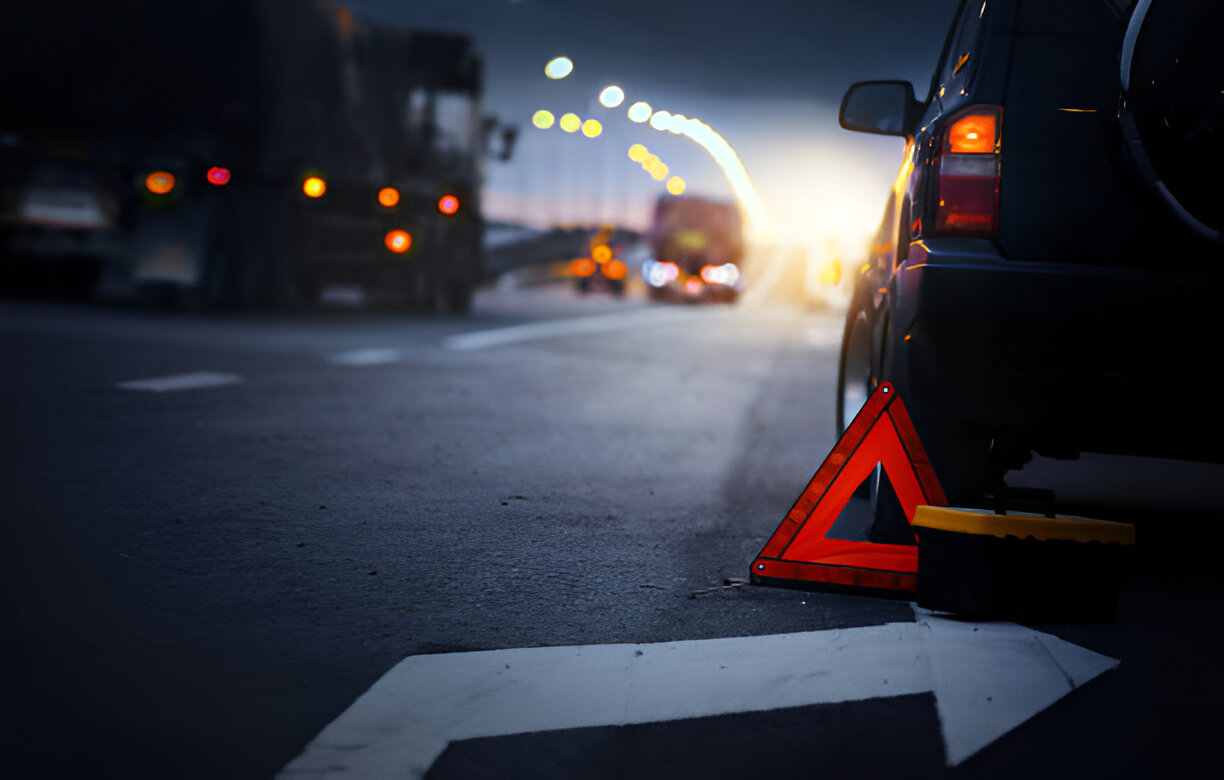
6. Language and cultural differences
Language and culture risks
In some areas of France, there may be barriers to language communication, particularly in:
- Countryside Provence: local dialects may affect communication and visitors may not understand the dialect used by locals.
- Paris' diverse neighborhoods: residents of different cultural backgrounds may use multiple languages, and visitors may feel inconvenienced when communicating.
- Historic sites in Lyon: the language barrier may affect visitors' understanding when French is used by the interpreters.
- International events in Nice: linguistic diversity may lead to communication difficulties at large events, especially for non-native French speakers.
- Cultural festivals in Marseille: at local festivals, visitors may be unfamiliar with specific cultural practices and etiquette.
- Bordeaux's business districts: in certain stores, employees may not speak English fluently and visitors may need to use translation tools.
- Museums in Strasbourg: some exhibitions may only be narrated in French, and visitors need to find out in advance if guided tours are available in English.
Coping strategies
- Learn basic phrases: Mastering some basic French phrases (e.g., greetings, thank you, etc.) will help to alleviate language barriers in daily communication.
- Respect cultural differences: Show understanding and respect for local cultures and customs by respecting them while traveling and avoiding offending others.
- Understanding local customs: Knowing the culture and customs of your destination in advance, especially food culture and important festivals, facilitates better integration into local life.
- Participate in local activities: Participate in local cultural activities, such as festivals and markets, to enhance your understanding and experience of the culture.
- Consult locals: In case of uncertainty, consult locals for advice and guidance, as they are usually happy to share local information.
- Use translation tools: download translation apps to facilitate communication when needed, especially when communicating with non-native French speakers.
- Respect different points of view: Respecting the views and beliefs of others and keeping an open mind in social situations can help build a harmonious communication environment.
7. Importance of Internet Safety
The key to ensuring safe travel is a smooth internet connection. The high-speed Internet service provided by PhoneSIMGo for travelers can help you get timely travel warnings and safety information to keep you safe and free of roaming charges. The activation process is simple, just scan the QR code and there is no need to change your SIM card. Once you arrive at your destination, you'll enjoy a stable network that ensures every step of your journey remains safe and smooth.
8. Emergency Contacts
The importance of emergency contacts
Knowing emergency contact information is an important part of staying safe while traveling, especially in popular tourist areas:
- Tourist Information Center in Paris: provides emergency contact information and advice, where tourists can access important information.
- Hospitals in Lyon: find out the contact details of local hospitals in case of emergency to ensure prompt access to medical care.
- Police stations in Marseille: in the event of an emergency, visitors can call the local police station for help.
- Emergency services in Nice: call the emergency services at 15 to ensure that you can get help quickly in an emergency.
- Traffic Information Center in Bordeaux: provides up-to-date information on traffic accidents and emergencies to help visitors adjust accordingly.
- Consulates in Strasbourg: find out the contact details of your country's consulate in France in case you need to get in touch.
- Travel Safety Hotline in the Alps: provides a 24-hour safety counseling service that tourists can call in case of problems.
Coping strategies
- Know the emergency services: dial 15 for emergency services and 17 for the police to ensure that you can call for help quickly in an emergency.
- Keep the contact details of your travel insurance company: so that you can contact them if needed to ensure that you can access the necessary support.
- Record important numbers: Write down the contact details of emergency services, medical facilities and embassies in advance so that they are easily accessible at all times.
- Keep copies with you: Keep copies of your passport, visas and travel insurance in case they are lost and can be quickly replaced.
- Update your itinerary: Update your family or friends regularly on your itinerary and location so that you can be quickly located in case of an emergency.
- Keep your communication open: Make sure your cell phone is connected and stay in touch with your family or friends so you can notify each other in case of an emergency.
- Know your local laws: Know how to contact a legal aid organization in case of a legal problem to ensure that you have access to professional support.
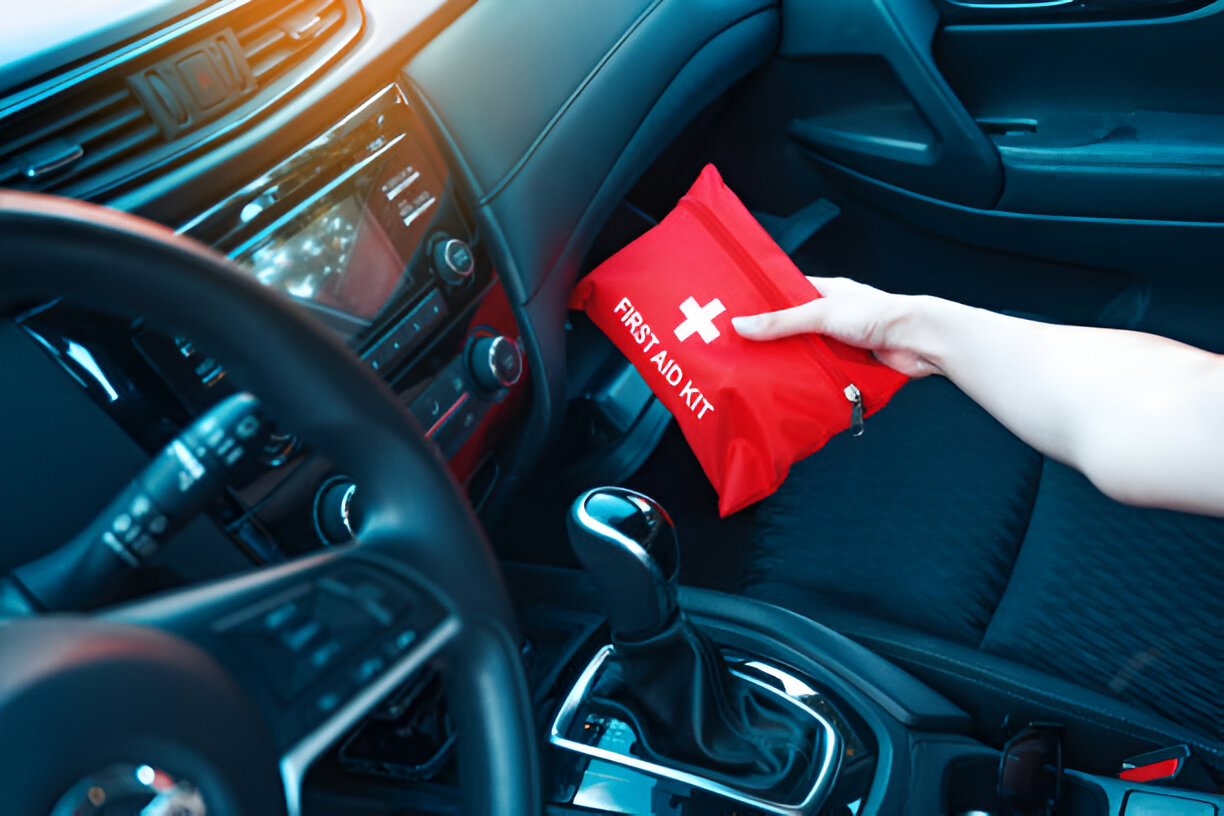
9. Special warnings for tourist places
Tourist places where warnings may appear
- The Eiffel Tower in Paris: Visitors gather, be alert to pickpockets and scams, and ensure the safety of your belongings.
- The Palace of Versailles: crowds may occur during peak periods. Visitors should pay attention to their personal safety and avoid losing their belongings.
- The beaches of Nice: pay attention to your surroundings near the beaches to prevent theft of your belongings.
- Marseille's old port area: exercise caution when moving around at night and avoid straying into crowded areas to ensure safety.
- Gourmet markets in Lyon: When buying food, beware of pickpocketing around you and keep your belongings safe.
- Chateaux de Bordeaux: When participating in wine-tasting events, take care to drink the right amount of wine to avoid losing consciousness or having your belongings stolen.
- Cathedral of Notre Dame in Strasbourg: When visiting, pay attention to the warning signs around you and follow the rules to avoid breaking the law.
Coping strategies
- Avoid peak hours: Try to visit popular attractions at less crowded times to minimize the risk of theft.
- Be aware of your surroundings: Stay alert and secure your personal belongings to avoid unintentional mistakes when you are at famous attractions.
- Use safe storage tools: Use anti-theft backpacks and locks to secure your personal belongings when at popular attractions.
- Follow Local Warnings: Take care to follow local safety warnings and instructions while visiting to ensure your safety.
- Keep communications open: While visiting, make sure your cell phone is always available and able to contact emergency services or family members.
- Know the opening hours of tourist attractions: Check the opening hours and special events of attractions in advance to avoid traveling at unsuitable times and to ensure a smooth visit.
- Join a tour guide group: When visiting popular attractions, consider joining a reputable tour guide group to get professional explanations and better protect yourself during the tour.
Conclusion
Being aware of potential travel warnings and countermeasures before traveling to France is an important step in ensuring your safety. By staying alert, knowing local laws, having emergency contact information, and purchasing travel insurance, travelers are better able to enjoy the beauty and culture of France without worrying about potential risks. We hope this detailed information will help make your trip to France a smooth and safe one!
